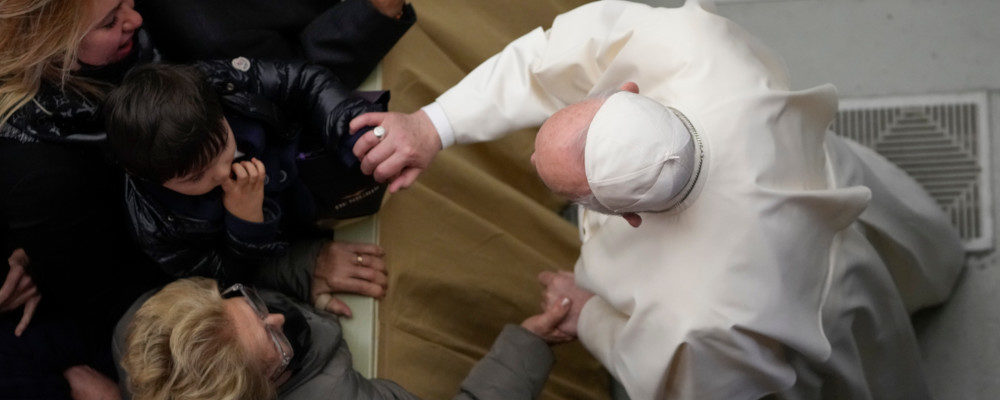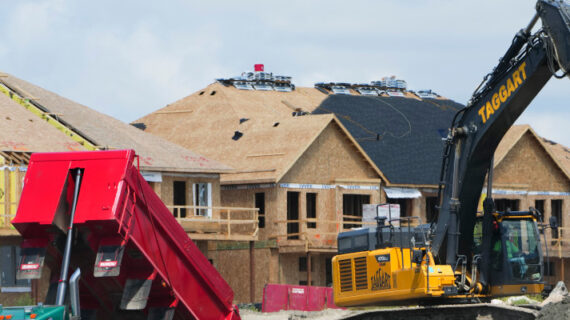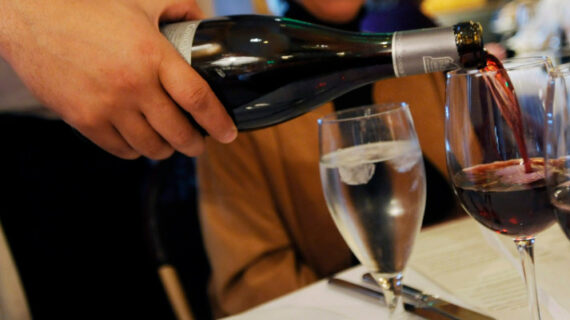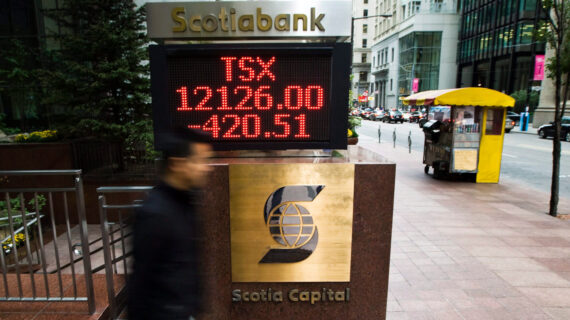Pope Francis will visit Canada, likely next year, to meet with Indigenous peoples. We must not squander this opportunity to make major strides along the path of truth and reconciliation.
The details of the Pope’s visit have not been announced, but we can expect that he will visit one or more former residential schools and meet with survivors and their descendants. He will also likely apologize for the involvement of the Church in the residential school system.
When the Pope visits Canada, it will be powerful to witness him meeting with survivors, asking for pardon, and striving to facilitate a brighter future. Knowing how Pope Francis carries himself, with humility and simplicity, he will likely provide a measure of comfort and consolation to those who suffer from the wounds inflicted by the residential school system.
The Pope’s visit has the potential to be a turning point for Canada. For this moment to translate into headway for truth and reconciliation, at least three key ingredients must be present.
First, more Canadians must acknowledge the deep injustices and devastating ripple effects stemming from the creation and operation of residential schools. To those who still roll their eyes at this topic, I invite them to consider a few questions.
How would you feel if your children were taken from you, robbed of their language and culture, in some cases abused, and located far from home when they fell fatally ill? If your children survived, how do you think they would be faring today? If you were the survivor, how would you be faring?
It is entirely legitimate for survivors and their families to pursue accountability for what happened within those walls and for the decision to build them in the first place. If you were in their shoes, you would too.
Second, politics must be out of the picture. Justin Trudeau should not underline his Catholicism during the Pope’s visit, as he has done more than once in expressing disappointment over the Church’s role in the residential school system. Trudeau openly rejects many tenets of the Church’s core moral teachings. The sudden and short-lived visibility of his religious identity when speaking about residential schools smacks of pandering and virtue signalling. In any event, he is in no position to scold others on this topic after an attempted clandestine vacation on the inaugural National Day for Truth and Reconciliation.
Some may wish to use the Pope’s visit as a platform to litigate the future of Catholicism. But there is nothing inherently liberal or conservative about a Pope apologizing for the wrongs committed by the Church. Contrition and atonement do not lend themselves either to progressive or traditional theological agendas. The Pope’s visit is fundamentally about taking responsibility, seeking forgiveness, and healing wounds. It must not become a field for political contestations, inside the Church or out.
Third, Indigenous peoples should not view the Pope’s visit only as a moment to share their trauma and express their anger. They should of course speak candidly about these matters when the Pope is here. I expect many survivors will have the chance to tell him their stories face-to-face.
But Indigenous Canadians—indeed all Canadians—should approach this papal visit with an eye to the future. Compared to laws and policies, grassroots efforts at cultivating solidarity and abolishing prejudice are far stronger engines of reconciliation. We must renew our efforts at changing hearts and minds not the day after Pope Francis leaves Canada, but today.
It is heartening that the bishops recently launched an initiative to raise $30 million for Indigenous peoples.
The words of Pope Francis during a visit to the United States in 2015 are worth contemplating in view of his upcoming visit to Canada. Our response to division and polarization, he said, must be “one of hope and healing, of peace and justice”. Where we see the “effects of unjust structures and actions”, our efforts to undo these effects must “aim at restoring hope, righting wrongs, maintaining commitments, and thus promoting the well-being of individuals and of peoples.” We must “move forward together, as one, in a renewed spirit of fraternity and solidarity, cooperating generously for the common good.”
To move forward together in the context of reconciliation, words are important—but deeds are too. In September, the Catholic bishops of Canada unequivocally apologized for the “grave abuses” committed by members of the Church at residential schools. After the revelations earlier this year of unmarked graves at some of these sites, the legal wrangling that freed the Church from having to make further efforts to pay the remainder of its share of the Indian Residential Schools Settlement Agreement—around $21 million—garnered fresh scrutiny. It is heartening that the bishops recently launched an initiative to raise $30 million for Indigenous peoples. Now it is up to Catholics, myself included, to answer this call.
The Pope’s visit will come into sharper focus when a delegation of Indigenous Canadians meet him at the Vatican in December. This will be an opportune moment to lay the proper groundwork and set the right tone for a meaningful papal visit to Canada.
The Pope’s visit, whenever it happens, must not be a time for opportunism, partisanship, or mockery. It must not—in any way, shape or form—be a spectacle. I believe the Pope will come with his heart set on truth and reconciliation. I also believe that we can do the same. And, if we do, this will be a transformative moment for Canada.




